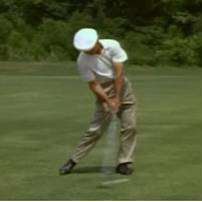IGNORED
Jack vs. Tiger: Who's the Greatest Golfer?
Greatest Golfer (GOAT)
222 members have voted
-
Topics Being Discussed Right Now on The Sand Trap
-
"5 Minutes Daily" Practice Challenge 1 2 3 4 1015
By iacas, in Instruction and Playing Tips
- 5 minutes daily
- dedication
- (and 6 more)
- 18,261 replies
- 1,854,069 views
-
- 11,037 replies
- 987,724 views
-
- 86 replies
- 7,714 views
-
- 3,060 replies
- 396,237 views
-
- 5 replies
- 1,643 views
-







Recommended Posts
Create an account or sign in to comment
You need to be a member in order to leave a comment
Create an account
Sign up for a new account in our community. It's easy!
Register a new accountSign in
Already have an account? Sign in here.
Sign In Now